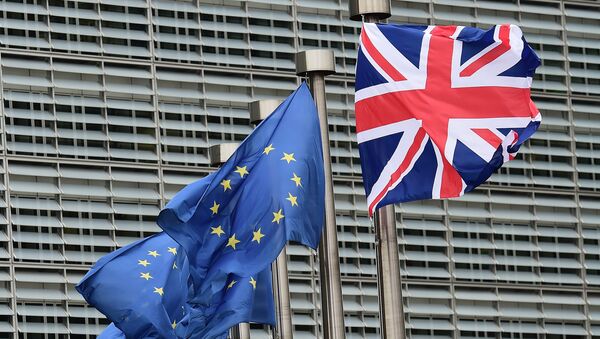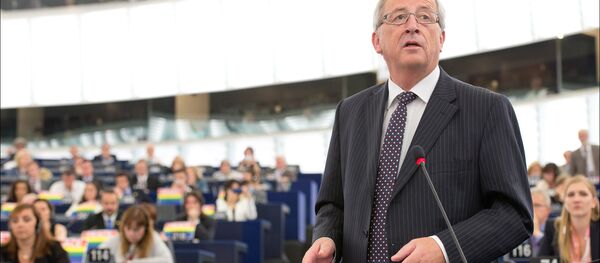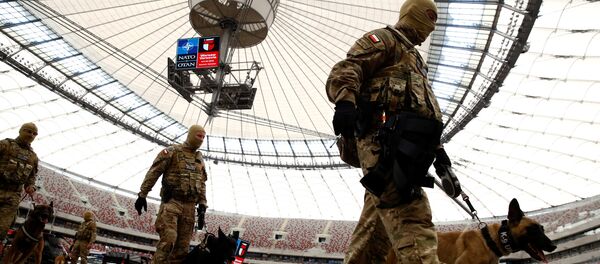He was commenting on Sunday's statement by European Commission President Jean-Claude Juncker, who said that the European Union needed its own armed forces to "fulfill" its mission in the world.
"My opinion [is that] Brexit was supported by Mr. Junker and leadership of the EU because Great Britain was an obstacle to greater unification of the EU and to the European army," the non-attached Polish lawmaker said.
When the idea of the possible creation of the pan-European army first floated many years ago, numerous politicians in the United Kingdom, including then Prime Minister David Cameron, stated that London would never agree to handing defense powers from London to Brussels as it would undermine the member states' military competence and lead to competition with and duplication of NATO. That practically meant that the United Kingdom would veto any common defense plans as all such EU decisions must be taken unanimously.
With Britain's decision to leave the bloc, this hurdle on the way is to be removed. Some politicians are supportive of the idea of creating a common army partly out of fear that without the British army, the strongest military in the European Union, Brussels' military capabilities will decrease.
"I'm afraid there are chances; if they were not, Mr. Junker wouldn't speak about it," Korwin-Mikke added, asked whether plans for the EU-wide army may ever materialize.
The bloc currently has no army, but it encourages military co-operation between member countries, which already run joint operations.




